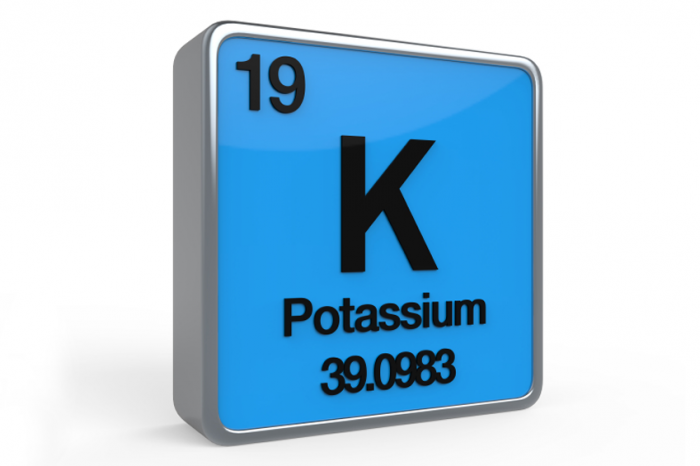OVERVIEW
This page is dedicated to discussing how to manage hyperkalemia. This condition is characters by a serum potassium level greater then 5.5 mEq/L. Guides on managing other electrolyte abnormalities can be found here.

*It is important to keep in mind that hypokalemia can not be adequately addressed if a patient’s hypomagnesemia has not been addressed as well.
OPTIONS FOR MANAGING THIS ELECTROLYTE ABNORMALITY
In the case of hyperkalemia there are finite options that can be utilized to correct the issue. These options are listed below:
Stabilize cardiac membrane:
- Calcium glucoante infusion: calcium antagonizes the tissue effects of potassium. While the serum concentration of potassium will not be changed with this intervention. Typically can administer 10 mls of a 10% solution as IV push over 2-3 minutes. This can be repeated q 5 minutes.
Shift potassium intracellularly:
- Intravenous infusion of dextrose (10% concentration) and regular insulin: this will force glucose into cells which will also drive potassium to be moved intracellularly (as glucose and potassium transport into cells was associated). Typically can give 10 U of regular insulin IV push with 25 g of Dextrose IV push (if patient is not hyperglycemic).
- Albuterol (inhaled or IV): β-adrenergic stimulation in this fashion is thought to decrease serum levels of potassium. Typically can give 15-20 mg nebulized over 10 minutes.
- Intravenous sodium bicarbonate (only given if patient has severe metabolic acidosis): potassium may lower as acidosis is corrected. Typically can give 50 mmol IV push or 150 mmol/L IV at a variable rate.
Potassium elimination from body:
- Furosemide (Lasix): this will cause potassium wasting by the kidney. Typically can give 40-80 mg IV push.
- Kayexalate (sodium polystyrene sulfonate): this cation exchange resin will trade sodium for potassium in the intestine to lower serum levels of K+. It can be given with sorbitol to induce diarrhea and enhance potassium loss from the body. It should not be given in cases of ileus or bowel obstruction because it can cause colonic necrosis. Typcially 15-30 g can be given in 15-30 mls of 70% sorbitol (given PO)
- Hemodialysis: last resort for management of hyperkalemia in the serum.
SPECIFICS REGARDING ELECTROLYTE CORRECTION
Target:
Page Updated: 01.28.2017